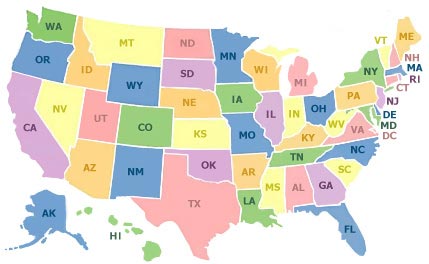There’s this really annoying guy who hangs out with the capo/samba crew, and I can’t avoid him because he’s at all the same events and parties I’m at.
First of all, he likes to make fun of my accent, which I know isn’t that bad – but he likes to parrot my words with much worse pronunciation. I don’t mind being teased about my Portuguese once in a while, like when I say something that comes out really funny. But this guy does it IN EVERY CONVERSATION.
It’s infantile and annoying, like when two kids get caught up in, “stop copying me!” “Stop copying me!” “I’ll tell mom!” “I’ll tell mom!” etc. The majority of people get along with me just fine, correcting me non-patronizingly and being patient when I ask them to repeat things. And most do treat me like an adult, minus a few annoying exceptions. I feel like this guy can’t think of anything intelligent to say to me, so instead he parrots me and hopes I’ll get annoyed.
But what ticks me off even more is the fact that his nickname for me is “time is money.” I don’t even remember when it started, but that’s what he calls me. Maybe it’s the only English phrase he knows. Maybe I’m being the stereotypical uptight American with her “offense goggles” on.
When I asked Monstrão why the heck this other guy calls me “time is money,” Monstrão kind of squirmed and said, “well, um, I guess, like, it’s a very American phrase…” However, Monstrão being a sweetheart and not wanting to make me feel bad, quickly added, “But I think it really describes the British more than Americans.” Nice try Monstrão, I do appreciate the effort, but you let the real story slip out first.
Being called “time is money” really gets to me because it evokes a stereotype of Americans that I wholeheartedly reject, and that does not describe me or my family. It carries the implication that money is the most important thing in life; thus, time cannot be wasted on anything that’s not bringing in dollars. It conjures up the stereotype of the greedy, materialistic, workaholic American, driven by the clock, too busy to relax, too uptight to enjoy life, too rushed to have time for other people.
It’s important to work and earn money in order to support oneself and one’s family, but the acquisition of wealth is far from the most important thing in life. My parents always provided for our family, but it was always crystal clear that my brother and I (as well as many other people and causes) were far, FAR more important to them than getting rich.
Actually, “getting rich” wasn’t even one of their goals… money served to provide for the family’s necessities as well as some luxuries, but never as an end in itself… and family time was never sacrificed in the name of making more money. Quite the opposite, my mom worked from home when my brother and I were little, and then got a not-super-high-paying job at our school when we were of school age, so she was always there to spend time with and take care of us.
On a more personal level, I’ve never been money-hungry, but I used to have the tendency to be driven by the clock and be uptight, obsessing about things that were out of my control and being too easily hurt or offended. And my experience in capoeira and Brazilian culture has totally changed that. I’ve become more laid-back, more forgiving, more relaxed, more able to enjoy the current moment instead of letting worries ruin it.
Yes, there are people who are so time-and-money driven that they become incapable of relaxing and enjoying life. Yes, there are people who give their families second place to their desire to get rich. Yes, there are Americans who break their back in hours of overtime so that they can buy a $250 pair of shoes. But this phenomenon isn’t unique to the U.S. Such people exist in every country. Even here in Brazil.
Yet it’s the U.S. that embodies the “time is money” stereotype. Whether it’s because we actually have more of those people in the U.S., whether it’s because people assume that U.S. = capitalism = materialism = greed and the “time is money” attitude, whether it’s simply that the media has overinflated the stereotype and made it a generalization of American culture – I don’t know.
All I know is that “time is money” doesn’t describe all Americans, that it most definitely does not describe me and my family, and that I resent being called it.



